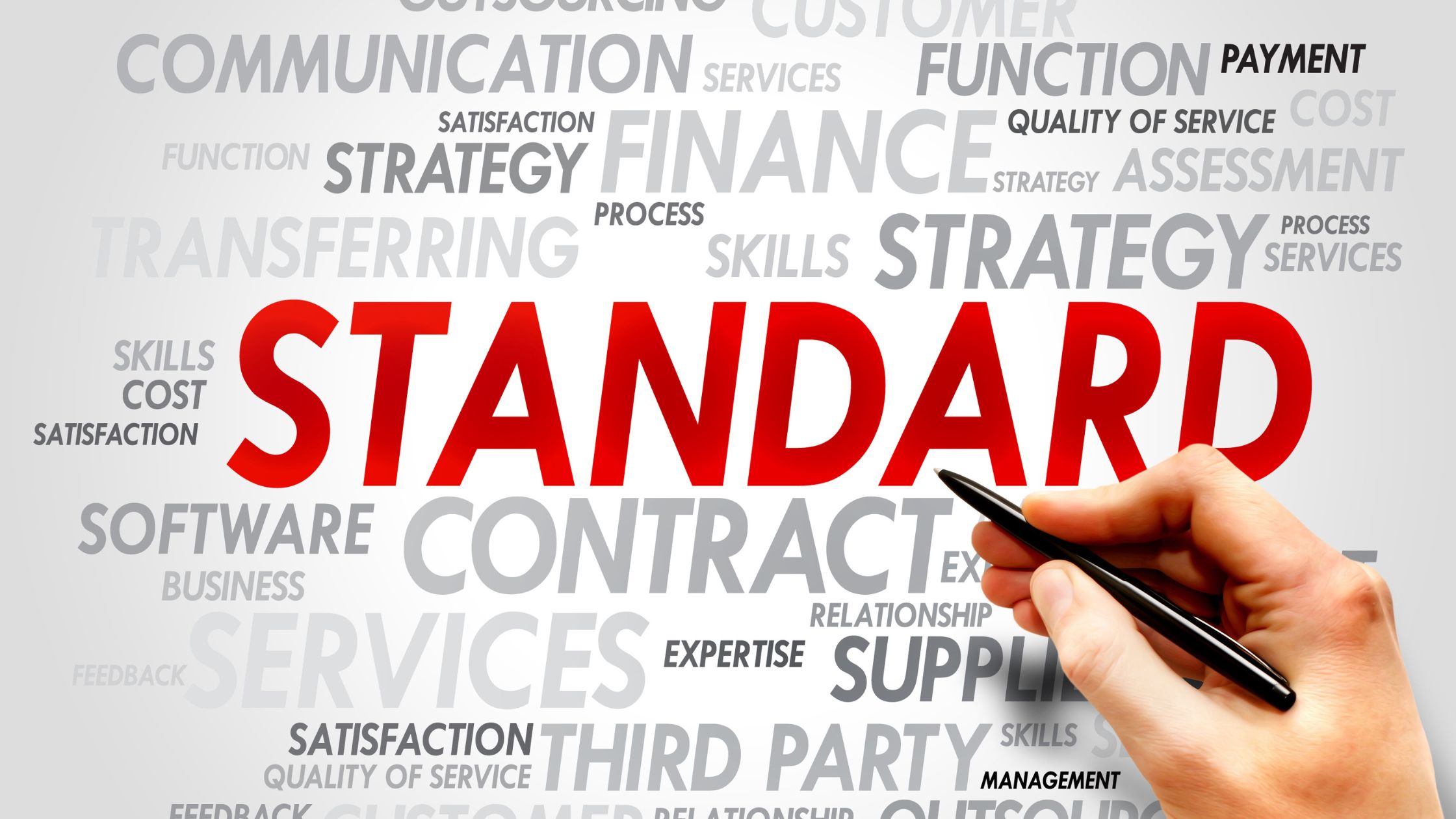Why Nigerian Businesses Need Global Consulting Standards
In today’s interconnected global economy, businesses are no longer confined by geographic boundaries. Nigerian companies that once thrived in local markets are now looking beyond their borders—to attract global customers, funding, partnerships, and recognition.
But here’s the truth: to compete on a global scale, Nigerian businesses must align with global consulting standards. It’s not just about growth; it’s about being taken seriously by international stakeholders.
The Global Playing Field Has Rules
Every global business environment—whether in the U.S., Europe, Asia, or the Middle East—operates within well-defined structures. Investors, regulators, and partners expect:
-
Transparent operations
-
Data-driven strategies
-
Scalable systems
-
Financial discipline
-
Governance frameworks
-
Market validation through proof of concept
These aren’t just buzzwords. They are the minimum entry requirements for anyone playing in the global business arena.
Unfortunately, many Nigerian businesses still operate informally or use ad hoc approaches that hinder their international appeal.
What’s Holding Nigerian Businesses Back?
Here are common barriers preventing Nigerian companies from accessing global opportunities:
-
Lack of Standardized Business Processes
Investors and partners want consistency. Many Nigerian SMEs still manage operations manually without documented workflows or systems. -
Poor Financial Documentation
International investors require clean, auditable financials. Incomplete records or cash-only operations immediately disqualify opportunities. -
Weak Brand Positioning
Without clear value propositions, well-defined customer personas, and competitive messaging, Nigerian brands often fail to resonate with international markets. -
Limited Digital Infrastructure
In a digital-first world, lacking an online presence, CRM systems, or performance analytics reduces credibility and scalability. -
Cultural Isolation
Many local businesses are not culturally or operationally ready to engage international clients or comply with cross-border regulatory expectations.
The Role of Global Consulting Standards
Global consulting standards refer to best practices and proven frameworks used by top firms around the world. These include:
-
Strategic planning based on market data
-
Process optimization and automation
-
Financial forecasting and valuation
-
Customer experience (CX) systems and retention models
-
Talent and leadership development frameworks
-
Risk management and compliance systems
When Nigerian businesses embrace these, they do more than just “clean up operations.” They build a foundation that global stakeholders recognize and trust.
How Adopting Global Standards Attracts Investors and Fuels Growth
1. Investor-Readiness Becomes Natural
VCs and private equity firms evaluate risk before opportunity. If your business is running on global best practices—robust systems, proper governance, scalability—you become a safer bet for funding.
2. Increased Operational Efficiency
By streamlining processes and reducing waste, global consulting frameworks help businesses scale more efficiently—leading to higher margins and better ROI.
3. Enhanced Brand Reputation
Alignment with international standards boosts your credibility. It signals that you’re not just a local player—you’re a brand that can be trusted in any market.
4. Easier Market Expansion
Global consulting models help Nigerian businesses prepare for cross-border challenges—whether in compliance, logistics, or marketing localization.
5. Access to Global Networks
Many international consultants and advisors bring access to broader ecosystems—mentors, partners, distributors, or funding platforms—that Nigerian businesses can tap into.
Real-World Example
A Nigerian agro-processing company I worked with was struggling to attract international buyers. Their operations were solid, but their documentation, supply chain processes, and digital presence were outdated.
By applying global consulting standards:
-
We implemented ISO-aligned SOPs
-
Built out a digital traceability system
-
Created investor decks with financial forecasts
-
Rebranded their online presence for international appeal
Within 8 months, they secured a distribution agreement with a European wholesaler and began conversations with two impact investors.
Final Thoughts
Nigeria is full of bold entrepreneurs, powerful ideas, and untapped potential. But potential alone isn’t enough to scale globally.
If Nigerian businesses are going to attract investors, enter new markets, and compete at the highest levels, they must operate with global standards in mind—and consulting is the fastest route there.
Are you ready to make your business globally competitive? Let’s work together to position your brand where it truly belongs—on the world stage.

